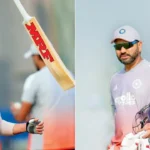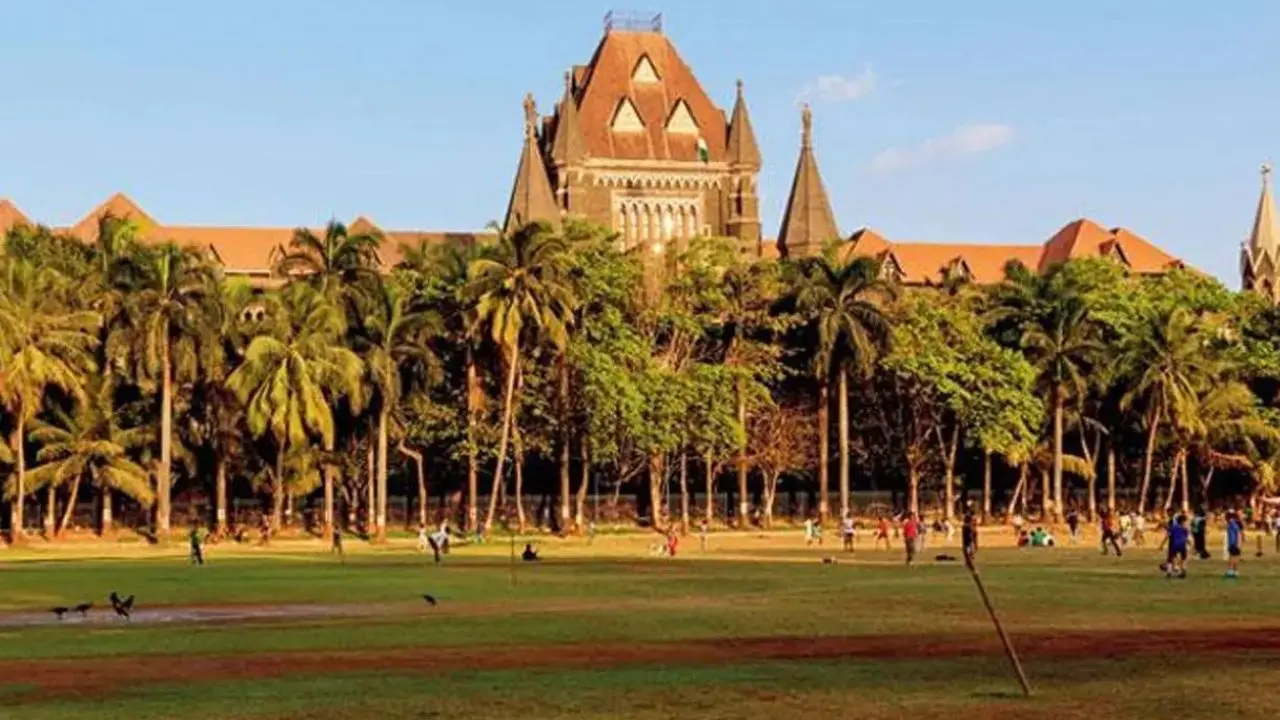The Maharashtra government informed the Bombay High Court on Friday that Faheem Ansari, who was acquitted in the 26/11 Mumbai terror attacks case, was denied a police clearance certificate (PCC) as he remains under surveillance on suspicion of being associated with a banned terrorist organisation.
Ansari had sought clearance certificate to ply an autorickshaw for his livelihood, news agency PTI reported.
A division bench comprising Chief Justice Shree Chandrashekhar and Justice Gautam Ankhad questioned the government’s decision, asking under what legal provisions the certificate had been refused when Ansari had already been acquitted of all terror-related charges.
Government cites surveillance and 2014 guidelines
Public Prosecutor Mankhuwar Deshmukh told the court that Ansari was ineligible for a PCC under the guidelines framed in August 2014, which govern the issuance of such certificates, PTI reported.
“There is also a confidential report, as per which Ansari is still under watch on suspicion of being a member of a banned terror outfit,” Deshmukh informed the bench.
As no lawyer appeared on behalf of Ansari during the hearing, the court posted the matter for further hearing on Saturday, PTI reported.
Background: Acquittal in 26/11 Mumbai terror attacks` case and other convictions
In May 2010, a special court had convicted Pakistani national Ajmal Kasab, the lone surviving Pakistani terrorist involved in the 2008 Mumbai terror attacks, while acquitting Faheem Ansari and Sabauddin Ahmed, both Indian nationals. The court cited lack of credible evidence in their cases.
Prosecutors had alleged that the duo prepared maps of Mumbai and passed them on to operatives of the Lashkar-e-Taiba (LeT) to aid the 26/11 attacks, which claimed 166 lives and injured hundreds more. However, the court noted that better maps were available online, casting doubt on the prosecution’s claims.
The Bombay High Court, and subsequently the Supreme Court, upheld their acquittals.
However, Ansari was later convicted in an unrelated case in Uttar Pradesh and sentenced to 10 years in prison. He was released in 2019.
Ansari’s Plea: Denial of PCC violates fundamental rights
In January 2024, Ansari approached the high court seeking the PCC, which is mandatory for commercial autorickshaw operations. He argued that the denial of the certificate was “arbitrary, illegal, and discriminatory,” and amounted to a violation of his fundamental right to livelihood.
In his plea, Ansari stated, “The petitioner is legally entitled to engage in gainful employment, free from any legal blemish or barriers. Just because he was tried in the 26/11 case, it cannot act as a blanket ban, especially when he has been acquitted by all courts.”
He also detailed his post-release efforts, including a job at a Mumbai printing press (which shut during the Covid-19 pandemic), followed by low-paying employment in Mumbra. He later obtained an autorickshaw licence on January 1, 2024, and subsequently applied for a PCC.
After receiving no response from the authorities, he filed an RTI application, through which he was informed that his PCC was rejected due to suspicions of his alleged association with LeT.
(With PTI inputs)






